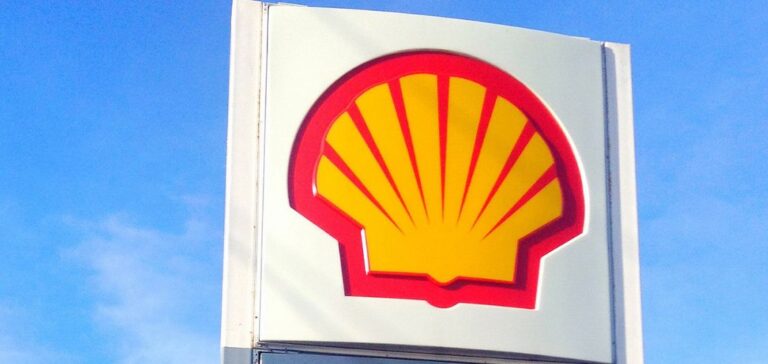British oil giant Shell recently communicated that it anticipates significant impairments for the second quarter of 2024, of up to $2 billion. These write-downs are mainly attributed to the suspension of a major biofuels project in Rotterdam, the Netherlands, and its facilities in Singapore. The Dutch project, which aimed to produce “sustainable aviation fuel” (SAF) and “renewable diesel” from waste, was to be one of the largest in Europe, with an estimated annual production of 820,000 tonnes of biofuels. However, Shell decided to suspend construction, without specifying the duration of the pause, resulting in after-tax write-downs of between $0.6 and $1 billion.
Impact on financial results
In addition to impairments related to the Rotterdam project, Shell also indicated that its Singapore facilities could generate impairments of between $0.6 and $0.8 billion. These adjustments reflect the current challenges facing the Group, particularly in the context of fluctuating hydrocarbon prices and ongoing strategic adjustments. The company expects to publish its second-quarter results on August 1. It has already warned that the performance of its gas sector will be in line with that of the second quarter of 2023, but below that of the first quarter of 2024 due to seasonality.
Strategy and outlook
Recently, Shell and its compatriot BP have slowed down on some of their original climate targets, preferring to focus on oil and gas activities to maximize profits. This strategic reorientation has drawn criticism from environmental activists, who see it as a step back from previous climate commitments. Despite these strategic adjustments, Shell recorded a decline in first-quarter net income, mainly due to lower exploration and production revenues. This trend follows a drop in profits in 2023, due to the fall in hydrocarbon prices after peaking the previous year. The evolution of these projects and the strategies adopted by Shell will be closely followed by analysts and investors, as the company navigates between the pressure for climate action and the need to maintain robust financial returns.
Perspectives and reflections
The suspension of major projects such as Rotterdam illustrates the complex challenges facing Shell. This decision comes against a backdrop of a reassessment of strategic priorities, where immediate profitability is weighed against energy transition objectives. Upcoming earnings releases and strategic decisions will give crucial indications of Shell’s future, both in terms of financial performance and positioning in the global energy transition.






















